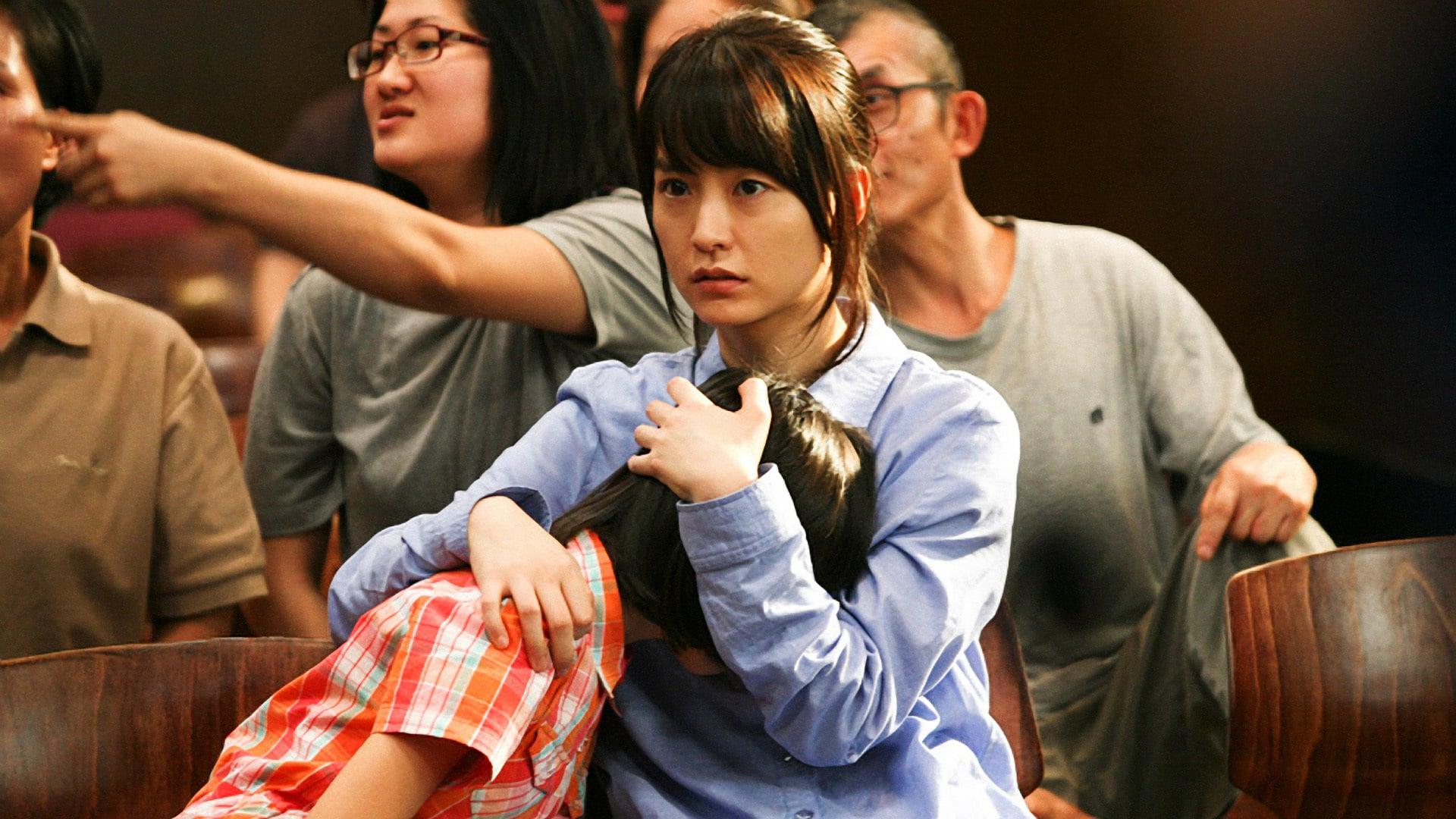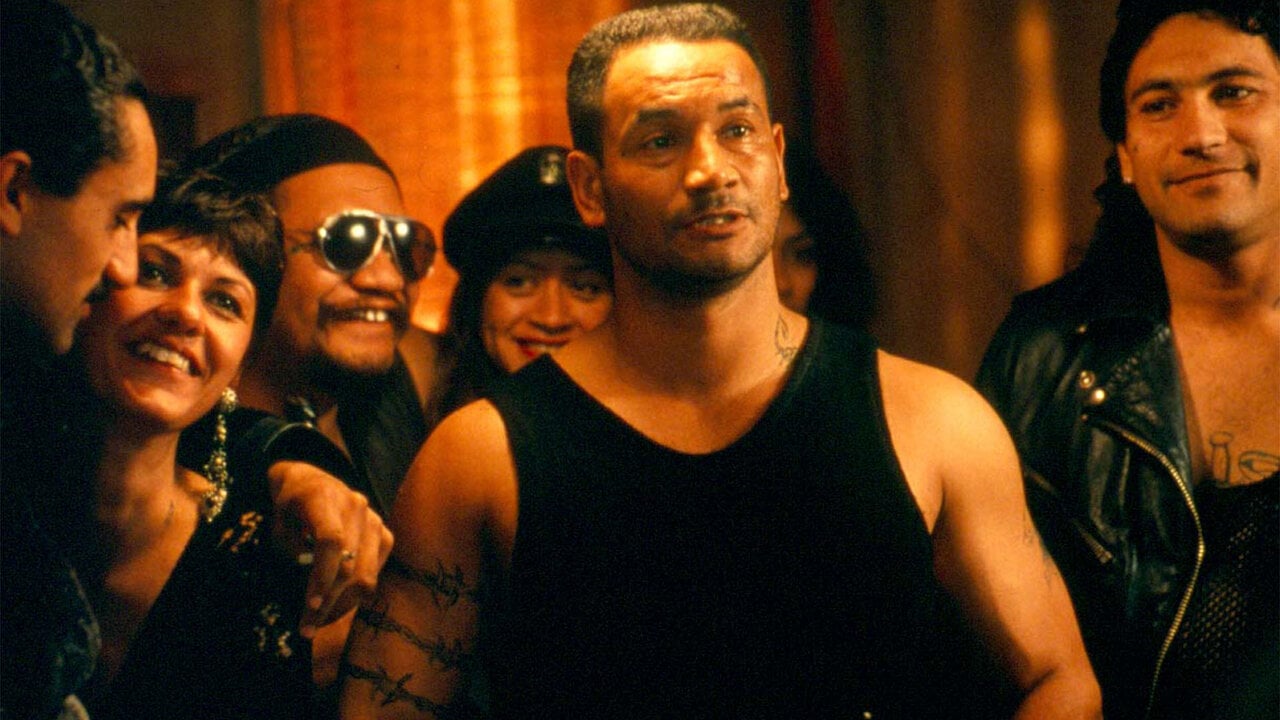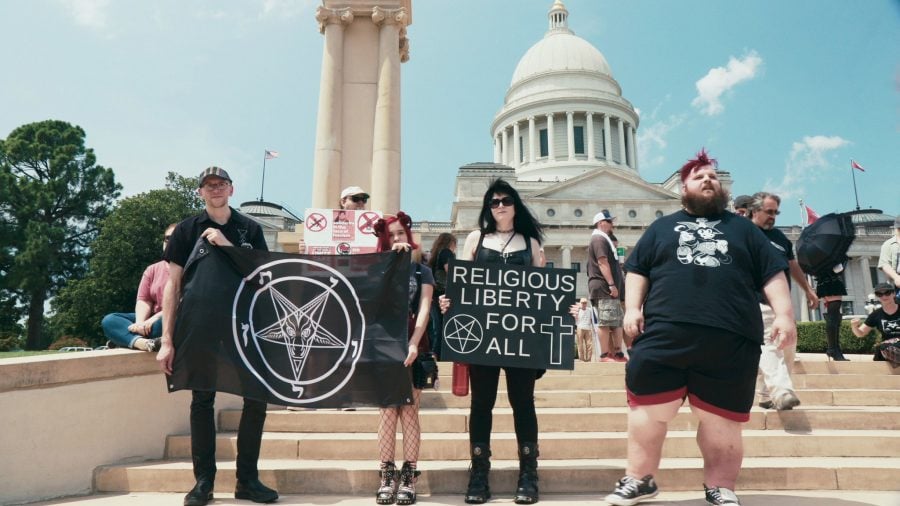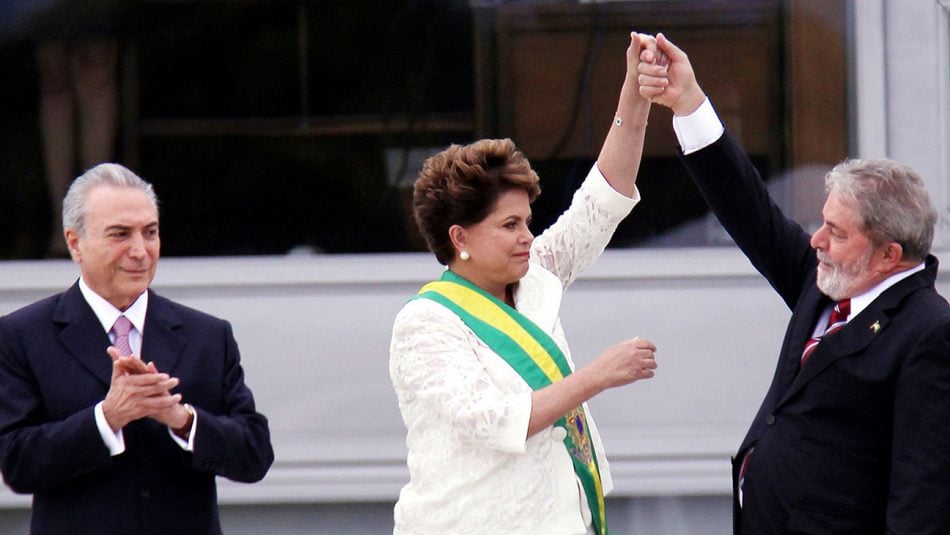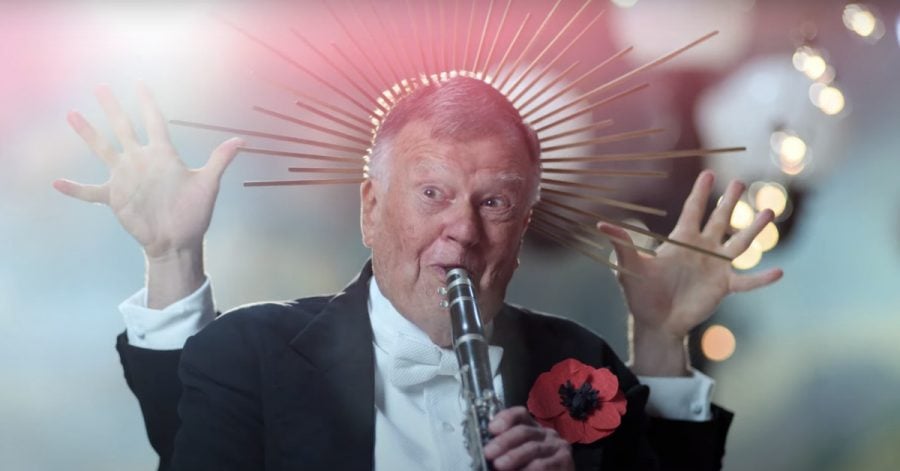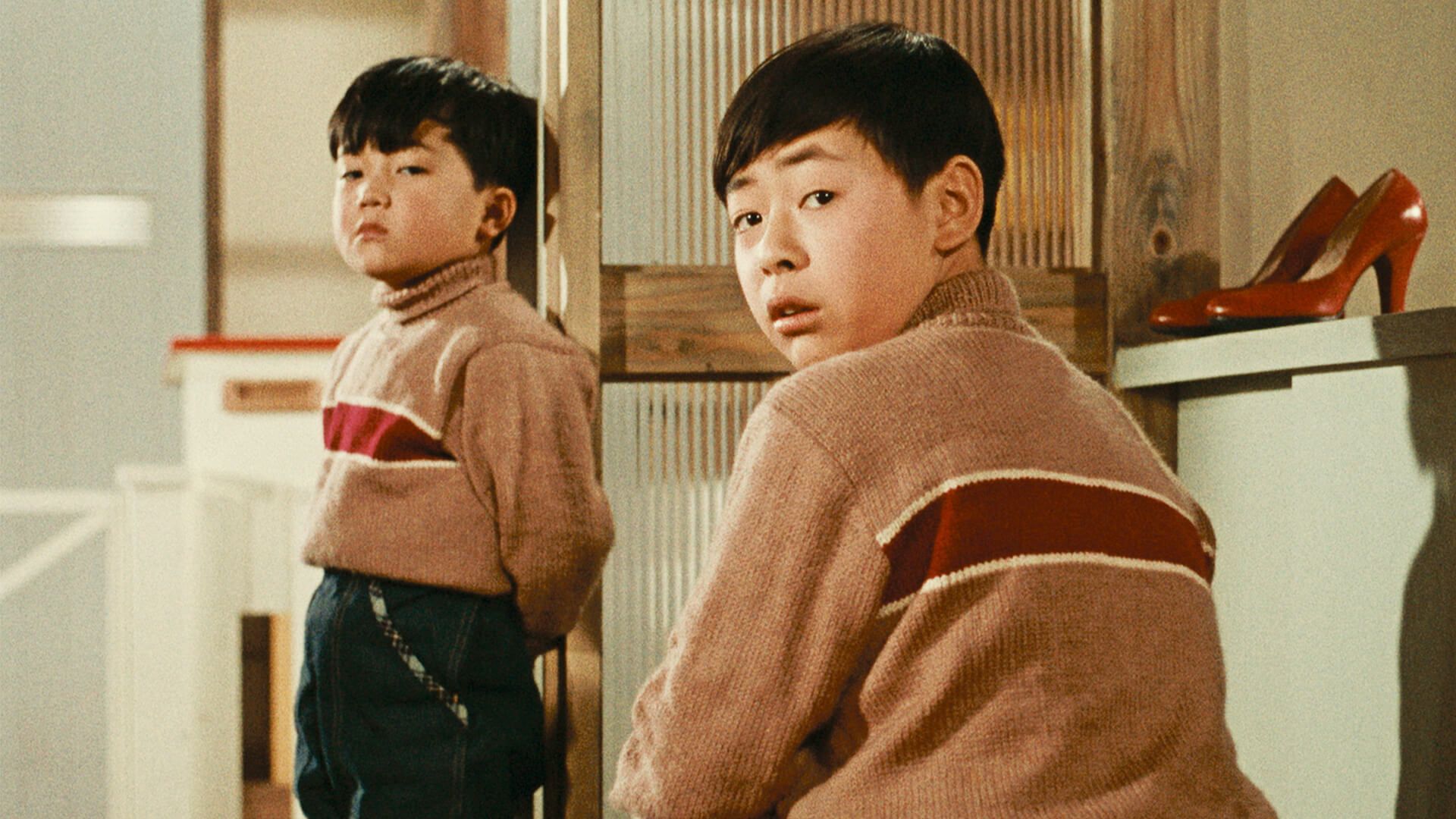The Space Race (2023)

7.6
The long-buried accomplishments of Black astronauts finally get their due in this richly detailed documentary
Movie
United States of America
English
Documentary
2023
DIEGO HURTADO DE MENDOZA, LISA CORTÉS
Charles Bolden, Ed Dwight Jr., Guion Bluford
91 min
TLDR
Ed Dwight pretty much sums up the history of Black-led space exploration and the goals of the documentary with this one line: I had the capability, but not the opportunity.
What it's about
Filmmakers Lisa Cortés and Diego Hurtado de Mendoza shine a light on the contributions and influence of Black astronauts, scientists, and engineers in the ever-expanding study of space.
The take
Like many American narratives, the history of space exploration is rife with long-buried secrets that are finally coming to the surface. The Space Race is an attempt to collect those secrets and weave a fresh new history that finally celebrates the heroes we should’ve learned about years ago. There are interviews with the likes of space pioneer Ed Dwight (who is responsible for unforgettable lines like “I’m not part of history, but a mystery” and “I had the capability, but not the opportunity) and the first Black man to fly into space, Guion Bluford, as well as surprising information about confidential test pilots, political involvement, and the undeniable influence of Afrofuturistic art and media in the field.
But education aside, what gives the documentary an edge is that it’s not afraid to question and at times attack NASA and the government for their racist past. We see celebrated astronaut Victor Glover reconcile his loyalty to his nation with his anger over the murder of George Floyd, for instance. At the same time, others like Dwight wanted to “just talk about space, not the struggle” but were tokenized both by the government and the opposition for their gains. Despite its compact run time, The Space Race covers all these nuances and more to provide a richly detailed and lovingly told new history of space exploration in America.
What stands out
Ed Dwight, hands down, and his incredible life story. I won’t be surprised if they make a biopic of him soon.
Comments
Your name
Your comment
Your comment
UP NEXT
UP NEXT
UP NEXT
Curated by humans, not algorithms.

© 2025 agoodmovietowatch, all rights reserved.





